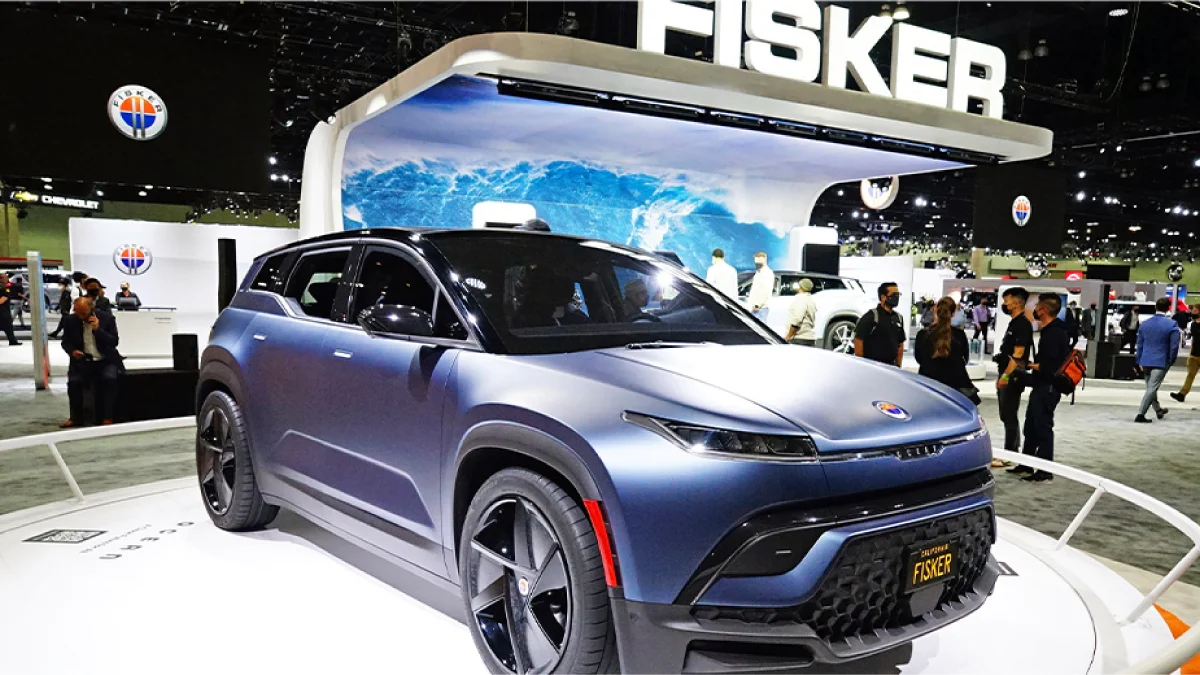Necessary Always Active
Necessary cookies are required to enable the basic features of this site, such as providing secure log-in or adjusting your consent preferences. These cookies do not store any personally identifiable data.
|
||||||
|
||||||
|
||||||
|

Fisker, a US-based electronic vehicle (EV) manufacturer, has filed for bankruptcy. AP News says the company becomes the second EV startup to go down this road in a span of one year. Fisker files bankruptcy at a time when industry leaders are struggling to attract buyers beyond early tech adopters.
The EV maker was founded by Henrik Fisker seven years ago. Its founder designed the company’s electric SUV in 2022. He also designed Karma, a luxury plug-in hybrid that entered the market in 2011.
The company has already filed documents with the U.S. Bankruptcy Court in Delaware state. The filing places the estimated value of company assets at between $500 million and $1 billion.
The company is looking to maintain its operations by restructuring its debt and selling its assets. Fisker got into financial trouble following attempts to increase production of Ocean SUVs.
“After evaluating all options for our business, we determined that proceeding with a sale of our assets under Chapter 11 is the most viable path forward for the company. Like other companies in the electric vehicle industry, we’ve faced various market and macroeconomic headwinds that have impacted our ability to operate efficiently,” Fisker said in a statement.
Fisker’s liabilities range between $100 and $500 million. According to the Fisker bankruptcy filing, the biggest creditors include Adobe, SAP, and Google.
VP and Equity Analyst at CFRA Research, Garrett Nelson said, “Fisker has been on life support for months now, so today’s announcement doesn’t come as a surprise. It wasn’t the first EV upstart to declare bankruptcy and we don’t think it’ll be the last.”
The first time Fisker raised doubts about its ability to stay in business was in February of this year. After that, the company was unable to raise $350 million from a big automaker. This forced it to cut back on its operations.
“Like other companies in the electric vehicle industry, we have faced various market and macroeconomic headwinds that have impacted our ability to operate efficiently,” Fisker said.
But Fisker isn’t the only EV maker that has filed for bankruptcy. In 2022, Lordstown, Protera, and Electric Last Mile Solutions did the same. The main reason for this decision was low demand. The companies also grappled with operational challenges and experienced difficulties in fundraising.
Fisker EV first went public in 2020 after merging with a blank-check firm. At the time, its valuation was $2.9 billion.
The public listing presented a second chance for Henrik Fisker. His first auto venture was Fisker Automotive. The venture became bankrupt in 2013. Fisker filed for bankruptcy following the 2008 financial crisis. Fisker Automotive’s failure also resulted from a substantial recall of the Karma hybrid sedan due to battery failure.
Henrik Fisker had previously consulted for Tesla. He planned to make the Fisker EV the ‘Apple’ of the automobile industry. The company opted to outsource the manufacturing aspect of its asset-light model. This was intended to reduce production costs and cut the development time of vehicles.
But, Fisker EV’s Ocean SUV experienced hardware and software issues. Consumer reports called it ‘unfinished business’. Regulators are investigating the car for braking issues, doors problems, parking challenges, among other issues.